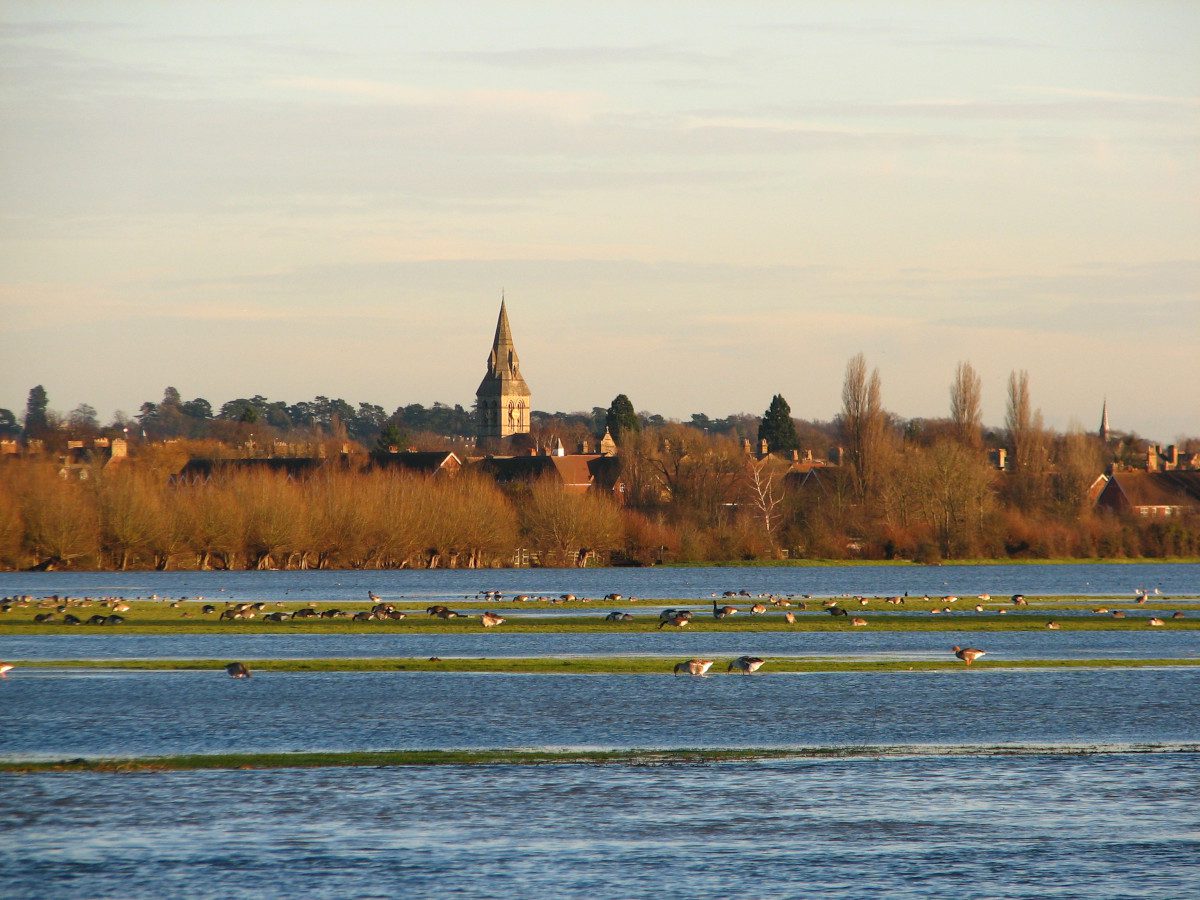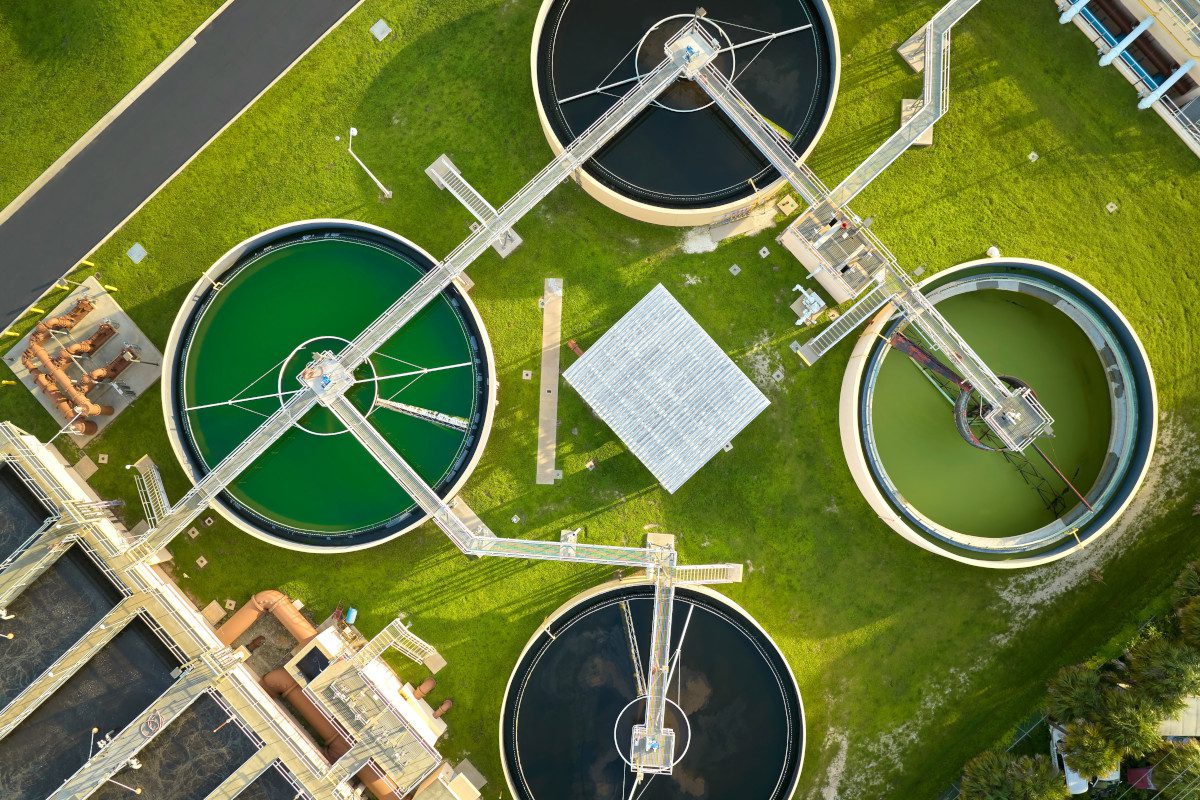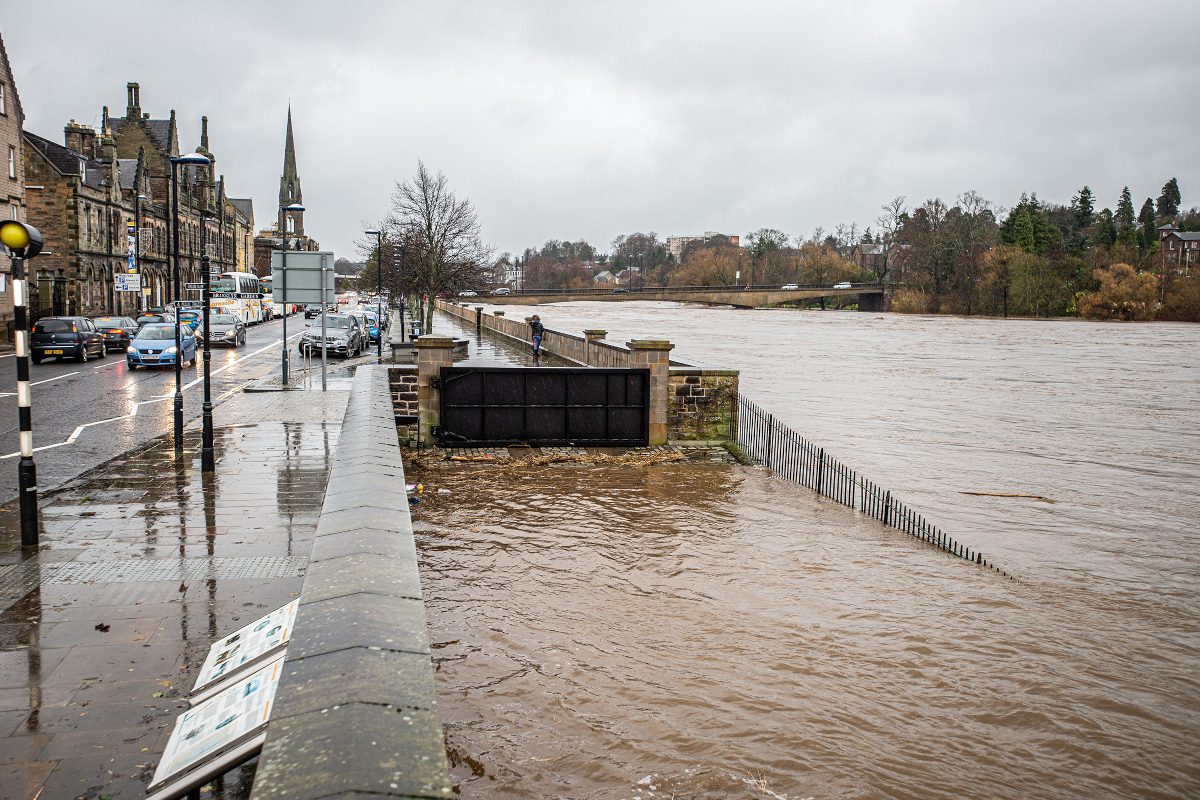
A stretch of the River Thames at Port Meadow, Oxford, has been designated as an official river bathing location after a nearly two-year long local battle against sewage pollution.
The designation means that the stretch will be tested regularly for bacteria which are harmful to human health in the summer bathing season, and will have signage displayed at the site. It also puts a duty on landowners, the local council and Thames Water to improve the water quality within five years to a standard considered fit to swim in.
A study of local river water quality in 2021 concluded that no stretch of water in Oxford would be classified as fit for bathing, and the cause was mainly raw sewage overflows[1].
In 2021, raw sewage was discharged for over 1,500 hours from 5 overflow locations in Oxford, equivalent to four hours of raw sewage discharge a day[2].
Both the water quality study and the bathing water application were carried out by the Oxford Rivers Project, a partnership project of The Rivers Trust, Thames21, Oxford City Council and Thames Water, along with dozens of local volunteers[3].
Claire Robertson, Oxford Rivers Project Officer at Thames21, said: “I’m overjoyed this designation is going ahead. This stretch of river is a regularly used and treasured place for hundreds of people – families, swimmers, kayakers, rowers, anglers, birdwatchers – and a home for many other creatures, and this is the very least it deserves.
“I’m looking forward to working locally with Thames Water and other partners to ensure the water quality improves, and nationally to help other groups protect their local rivers.”
“I’d really like to thank the many people who made this possible, mainly volunteers giving their time and energy for free, and the extremely dedicated community of Oxford who love this river. Let’s hope we’re the second site of many more.”
There were more than 372,000 raw sewage spills across the country in 2021, and over 14,000 in Thames Water’s area[4]. The company recently pledged to halve the duration of overflows by 2030 and produce alerts of sewage spills from all their overflow locations by the end of this year[5].
Bathing water status is seen by campaigners as a key tool in reducing raw sewage pollution. Over 400 coastal locations have the designation, and water quality at these sites has steadily improved over the past 30 years[6]. However, rivers are lagging far behind. Only 14% of rivers in England are considered ecologically healthy[7], and the UK has only a handful of inland water bathing sites, compared to France which has over 500 river sites and over 1,000 lakes designated[6]. England’s first river bathing site on the River Wharfe near Ilkley, West Yorkshire, received its designation in 2020.
Michelle Walker, Technical Director at The Rivers Trust, welcomes the news: “We are absolutely delighted that England has a long overdue second river bathing site. Swimming is a wonderful way to connect with the environment and actually makes people more likely to take action to preserve nature, so this is a real positive for people and wildlife.
“I’m exceptionally proud that The Rivers Trust supported this application for bathing water status. We plan to do more of this citizen science engagement as we need more groups across the country to start gathering reliable data that can be used to fight for cleaner rivers.”
Mish Tullar, Head of Corporate Strategy at Oxford City Council, said:
“This is exciting news; wild swimming has become increasingly popular in Oxford in recent years and it’s really grown since the start of the pandemic, but our rivers still carry pollution.
“Swimmers need to feel confident their attempts to keep fit won’t result in them becoming ill with any potential bugs from bacteria in the water. Being given bathing status will ensure the provision of information that will enable swimmers to make informed choices about whether or not to swim. It also sets a timeframe and a clear standard to meet, which we’ll be working with Thames Water and other partners to achieve.”
Sarah Bentley, Thames Water CEO, said: “I’m thrilled that designated bathing water status has been granted to the Wolvercote Mill Stream in our region, the second time this has ever happened for a UK river. With this new elevated status, we’ll continue to work with Oxford City Council and our partners to monitor water quality in the Thames. It’s so important that people feel able to swim, and local wildlife can thrive, in river environments.
“Taking action to improve the health of rivers is a key focus for us. We have committed to reducing the annual duration of sewage discharges into rivers by 50% across the Thames Valley by 2030 and have planned substantial investment in our local sewer network to reduce spills, including a major expansion at Witney sewage treatment works in Oxfordshire. After a successful trial in the Oxford area, we’re also on track to provide live alerts from all 468 permitted locations across our region, within an hour of discharges starting and stopping, by the end of 2022.
“We’re clear it’s completely unacceptable for any untreated sewage to enter rivers, whether it’s permitted or not. Stopping discharges altogether will take time and sustained investment, however each step we take on this journey is a move in the right direction.”

















